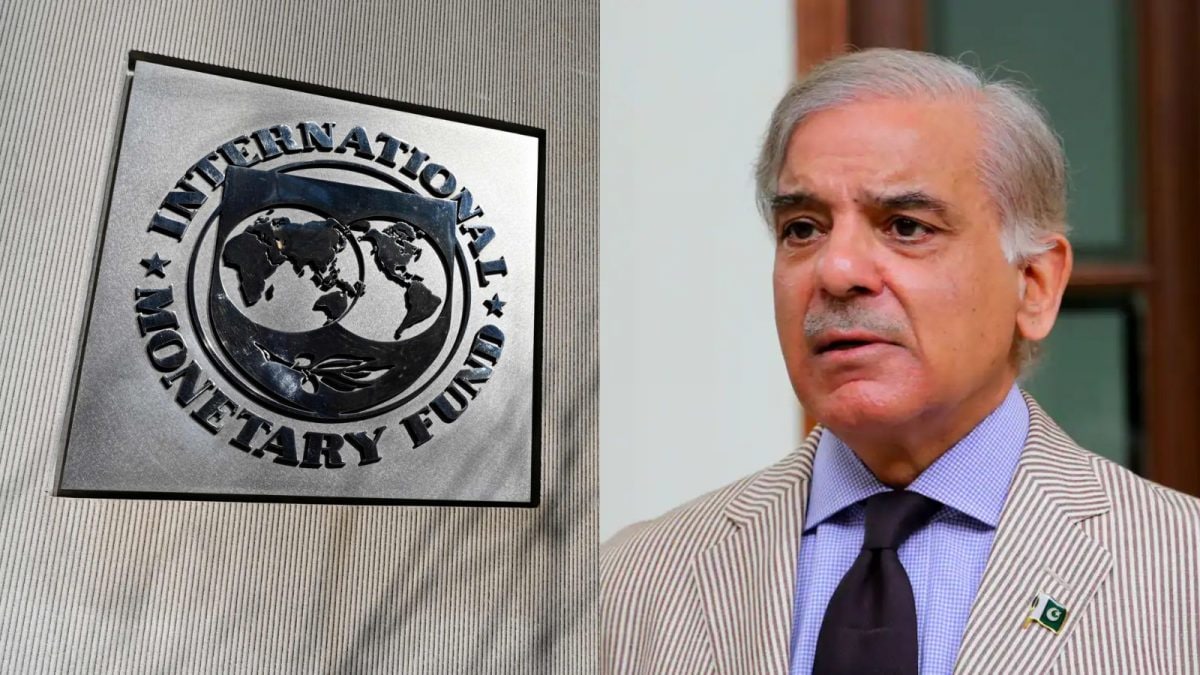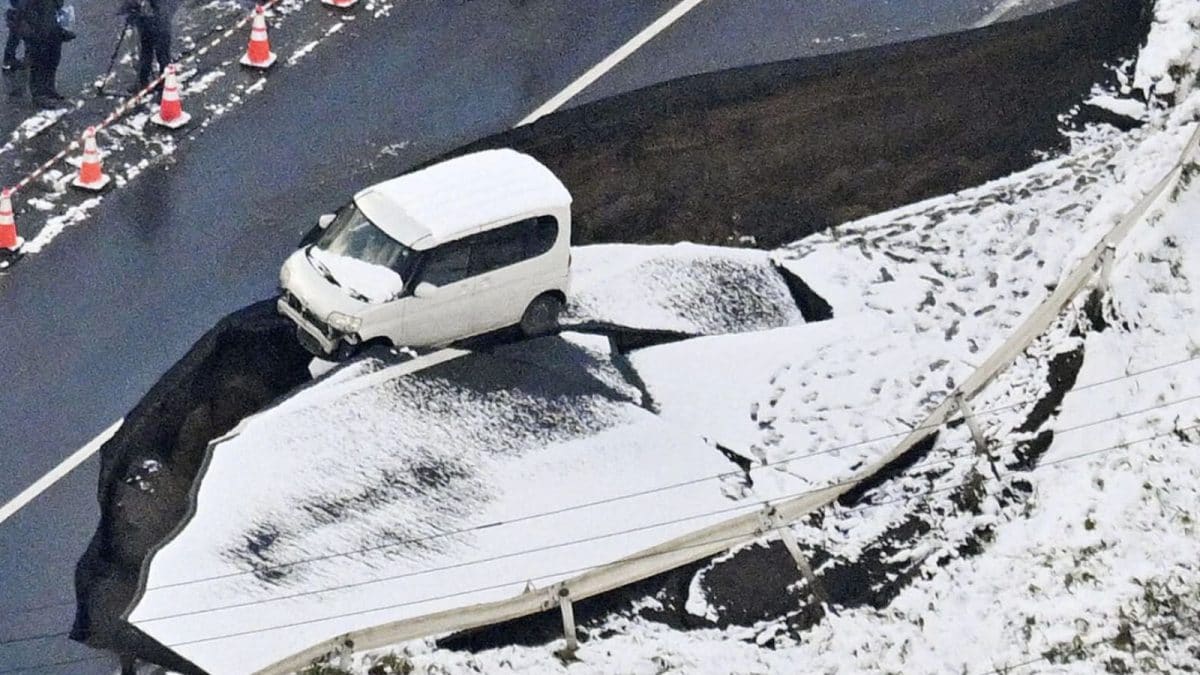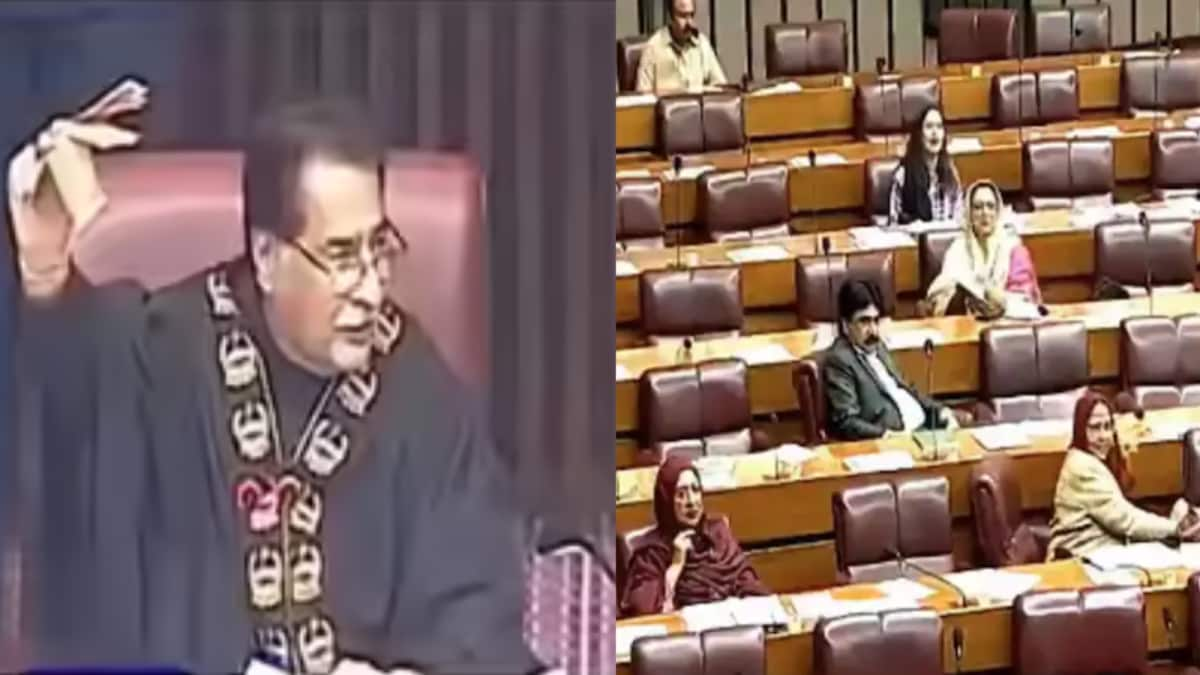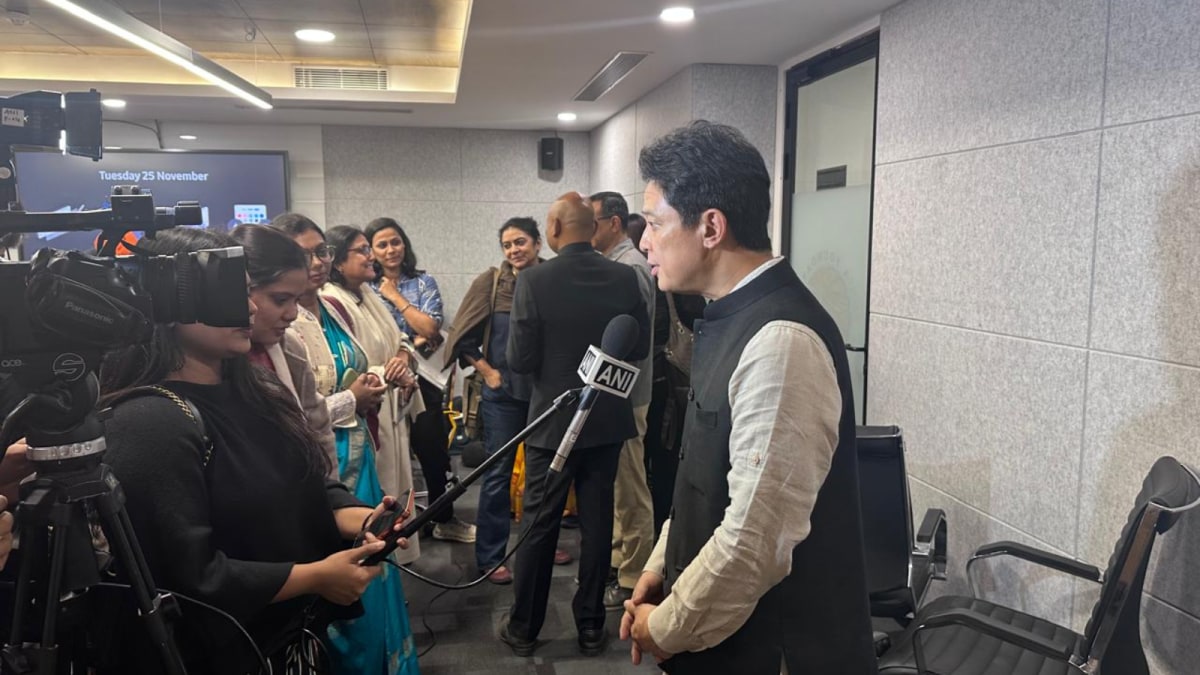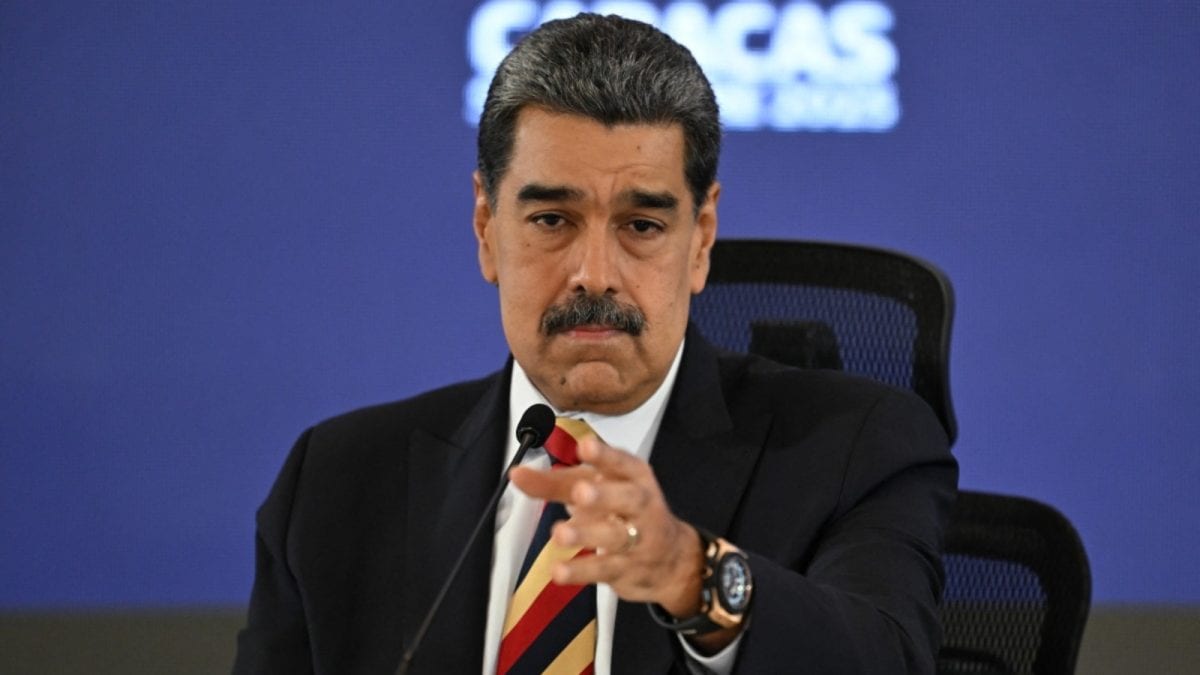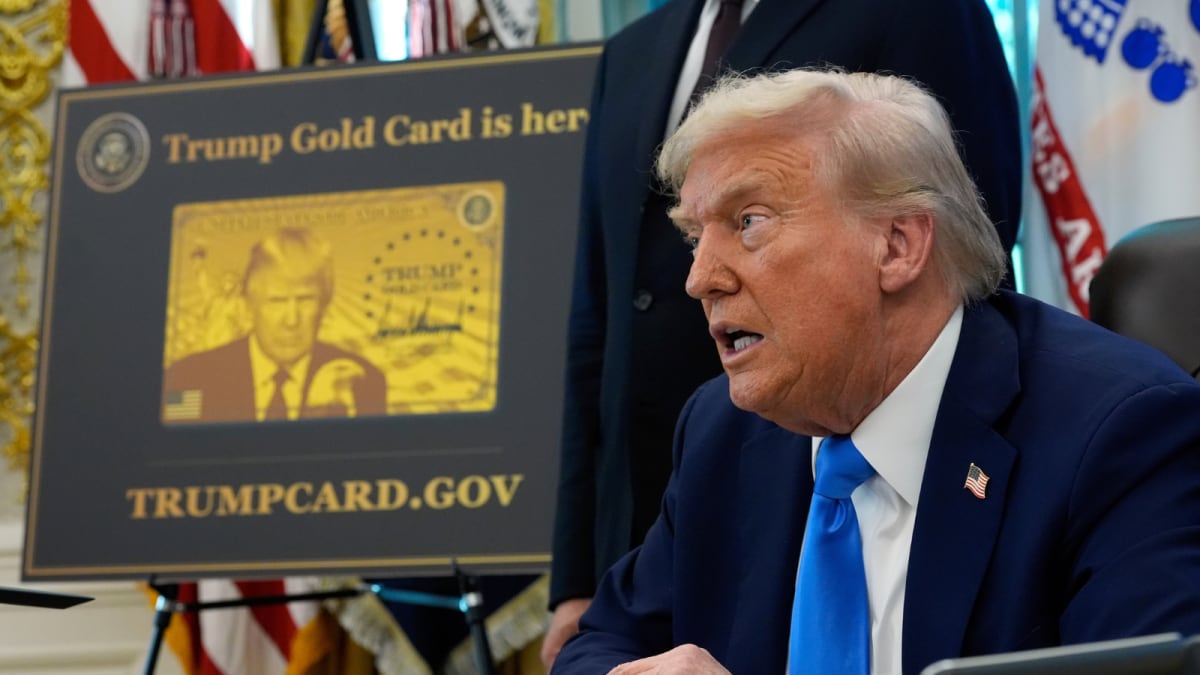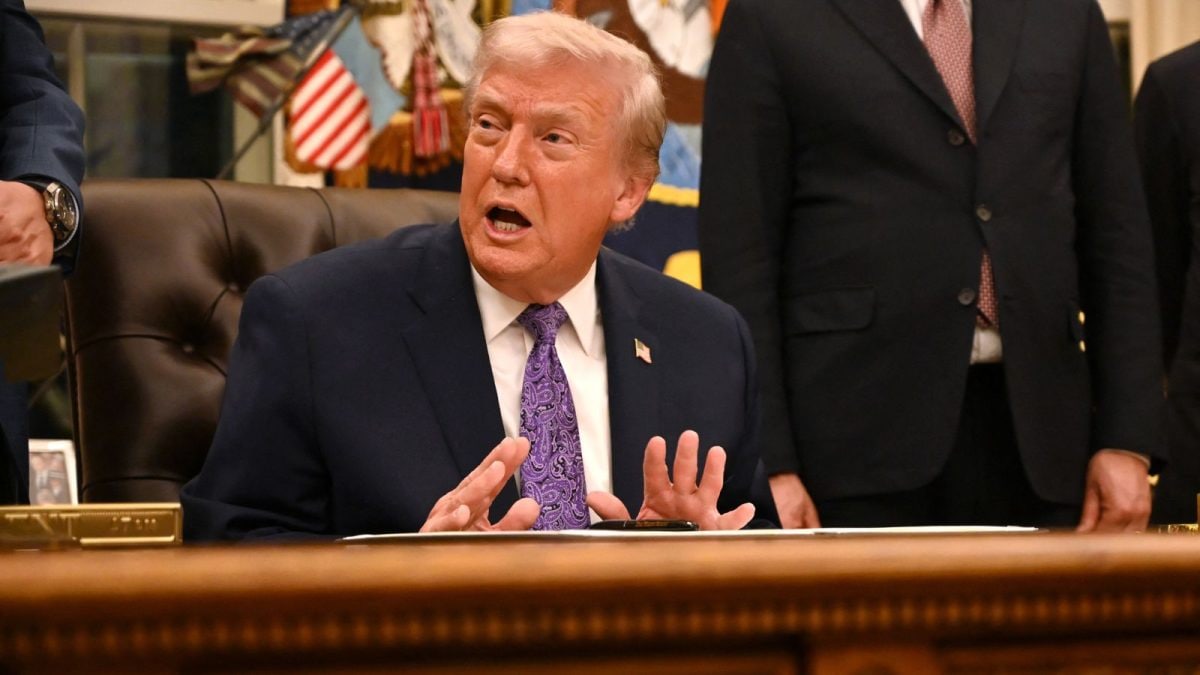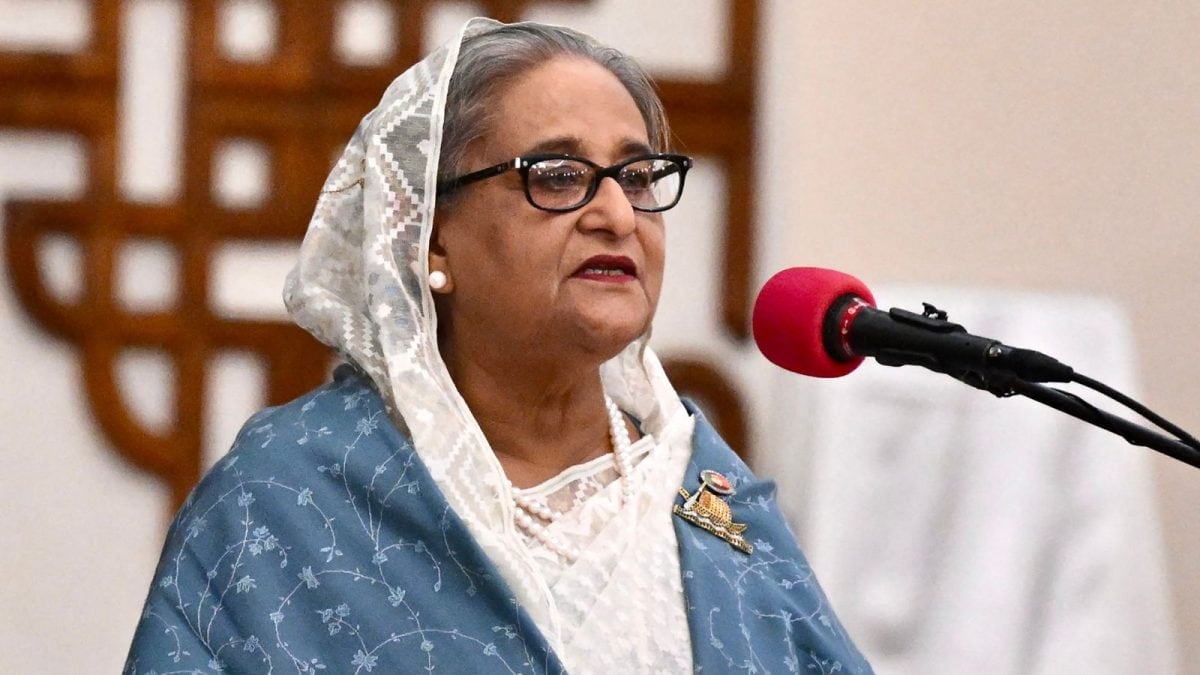Last Updated:November 06, 2025, 12:18 IST
Mamdani's politics come from the streets of New York. He organises with tenants, leads marches, uses social media as a rallying ground for causes like Palestine, and housing reform

Before entering politics, Mamdani worked as a housing counsellor, helping low-income homeowners in Queens fight eviction. He has positioned himself as a staunch advocate for the working class in his campaign.
Politics used to be a slow-moving arena — a world of greying leaders, long speeches, and rigid party structures. But in the last few years, a new generation of leaders has begun rewriting the rules. They are young, outspoken, digitally savvy, and unapologetically global in their outlook.
From Zohran Mamdani, who was elected as the Mayor of New York on November 5, to former Finnish Prime Minister Sanna Marin, Spanish minister Irene Montero, Chlöe Swarbrick in New Zealand, and Aam Aadmi Party leader Raghav Chadha — these politicians represent a generation unafraid to challenge old power structures. They speak the language of activism, community, and climate justice rather than bureaucracy or ideology.
Their rise reflects more than just youth in politics — it signals a generational power shift, driven by distrust in traditional politics, climate anxiety, and the digital revolution reshaping how movements are built.
Let us examine the wave of young leaders, why traditional politics is facing a crisis, and how this has changed the political landscape.
Who Are the Faces of This New Political Generation?
Zohran Mamdani (US)
Born to a Ugandan mother and an Indian father (filmmaker Mira Nair), Zohran Mamdani, 32, represents Astoria, Queens, in the New York State Assembly. A democratic socialist, he has championed rent relief, workers’ rights, and housing justice — issues deeply tied to working-class struggles.
Mamdani’s politics come from the street up, not the top down. He organises with tenants, leads marches, and uses his social media as a rallying ground for causes like Palestine solidarity, racial justice, and public housing reform. For many young Americans disillusioned with both Republicans and Democrats, he represents a fresh, fearless voice.
Sanna Marin (Finland)
When Sanna Marin became Finland’s Prime Minister at 34, she was the world’s youngest head of government. Her tenure stood out not just for her policies — which included climate neutrality goals and gender equality measures — but for how she embodied a new kind of leadership: direct, empathetic, and unapologetically modern.
Marin was not afraid to be human. She shared glimpses of her life online — from DJing at parties to speaking candidly about mental health and motherhood. In a world where politics often feels out of touch, Marin made it feel relatable again.
Chlöe Swarbrick (New Zealand)
Elected to parliament at 23, Chlöe Swarbrick of New Zealand’s Green Party became a symbol of millennial political energy. She went viral for saying “OK Boomer" in response to an older colleague who dismissed her during a climate debate — a moment that perfectly captured generational frustration with status quo politics.
Swarbrick champions environmental reform, youth rights, and mental health, framing politics not as management but as moral responsibility.
Raghav Chadha (Aam Aadmi Party)
At 35, AAP’s Raghav Chadha is a Rajya Sabha member and AAP member. A chartered accountant turned politician, Chadha brings technocratic efficiency to a space long dominated by personality politics. He has been vocal on fiscal responsibility, healthcare, and governance transparency, and, like many in his generation, often bypasses traditional media, connecting directly with audiences on social platforms.
Irene Montero (Spain)
In Spain, former Equality Minister Irene Montero, who entered parliament in her late 20s, represents another wave — one rooted in feminist and social justice movements. She is part of Spain’s Podemos party, which grew out of anti-austerity protests, channelling activist networks into political power.
Montero’s leadership has pushed gender-based violence laws and LGBTQ+ rights into the mainstream and made Spain a global reference for progressive policy on equality.
Why The Old Guard Is Losing Its Grip
Across continents, traditional politics is facing a crisis of trust. Surveys show record-low confidence in parliaments, political parties, and even democratic systems.
This distrust is not apathy — it is exhaustion. Younger generations have grown up watching corruption scandals, rising inequality, and performative politics that fail to deliver real change.
Older politicians promise “development" but fail to address the everyday anxieties that define millennial and Gen Z life:
· The cost of living keeps climbing faster than wages.· Climate change feels like a ticking clock.· Mental health crises are growing.· Institutional representation feels distant and unresponsive.The result? A generation that does not want to wait its turn — it wants to reinvent the system.
Rising Cost Of Living And Rising Anger
From New Delhi to London and New York, young people are struggling with unaffordable housing, student debt, and precarious jobs.
Leaders like Zohran Mamdani or Alexandria Ocasio-Cortez (AOC) in the US have made this the core of their politics. They don’t just talk about economic growth; they talk about who it is leaving behind.
In Europe, Marin’s Finland and Montero’s Spain pushed aggressive welfare and equality policies during their tenure. In India, leaders like Chadha and Atishi had stressed public infrastructure and health over headline-grabbing populism.
This generation seems to be reframing politics around fairness, not just progress — a subtle but important shift.
Understanding The Political Emotion
If the Cold War defined an older generation’s politics, climate anxiety defines this one.
For Gen Z and millennials, the climate crisis is not a policy topic — it is an existential reality. Rising sea levels, extreme heatwaves, and floods are not distant warnings; they are lived experiences.
Younger leaders, especially those like Swarbrick, have made climate responsibility central to their political identity. The movement is emotionally charged, rooted in intergenerational justice — a demand that older leaders act before it’s too late.
It is no coincidence that many of these politicians emerged from climate marches, protests, and youth movements. Politics, for them, is not a career ladder; it is activism with a seat in parliament.
Instagram Over Institutions
One defining trait of this new generation is their digital fluency.
Traditional politics relies on party structures, press conferences, and institutional media. The new leaders operate through social media ecosystems — reaching millions without the filter of traditional power brokers.
On Instagram, Sanna Marin humanised leadership by showing vulnerability and joy. On Twitter (now X), Zohran Mamdani uses threads to explain complex housing bills in plain English. Raghav Chadha uses reels and infographics to break down policies for young Indians.
This digital-first approach has turned these leaders into influencers of governance, not just policymakers. It allows them to bypass gatekeepers, mobilize directly, and build political momentum faster than old-party hierarchies can adapt.
But it also comes with risk: the internet rewards performance as much as substance. Balancing authenticity with effectiveness remains a constant tightrope.
Global Solidarity, Local Voices
One of the most striking features of this generation is how global its politics feels. Issues such as gender equality, climate justice, refugee rights, or Palestine solidarity transcend borders. Younger politicians express solidarity across continents, seeing their struggles as connected rather than isolated.
When Mamdani speaks about racial justice in New York, or Montero defends women’s rights in Madrid, or Swarbrick pushes climate legislation in New Zealand, they often cite global parallels — a shared vocabulary of fairness, sustainability, and equity.
This marks a departure from the older political logic that prioritised national interest above all. The new generation views progress as a global project — one built on empathy rather than exclusion.
The Changing Language Of Politics
The tone of this generation’s politics is different. They don’t hide emotion behind formality; they use it as persuasion.
· Instead of “development" or “growth", they talk about dignity.
· Instead of “welfare", they say care.
· Instead of “GDP", they talk about well-being.
· It is politics that feels more human — closer to the language of everyday life and social movements than party manifestos.
The Generational Shift Is Already Underway
The world is now witnessing more than just a youth wave — it is a restructuring of political DNA.
For decades, political legitimacy came from experience, hierarchy, and networks. Today, it is earned through authenticity, accessibility, and purpose.
The new leaders don’t look like politicians; they look like citizens. They don’t speak in soundbites; they speak in tweets. They don’t campaign just for votes; they campaign for values.
This does not mean the old model will vanish overnight. Institutions remain powerful, and populism often co-opts youthful energy. But the shift is clear: politics is becoming younger, faster, and more connected than ever before.
What Comes Next?
The challenge for these leaders will be translating energy into endurance. Digital engagement can spark movements, but institutions still decide laws and budgets.
As politics becomes more horizontal — crowdsourced and collaborative — questions of accountability, governance, and policy depth will test whether this generation can go beyond protest into power.
Still, their emergence offers hope at a time of deep global fatigue. Whether in New York or New Delhi, Helsinki or Madrid, young leaders are proving that empathy, transparency, and creativity can still win hearts in an era of cynicism.
They are redefining what leadership looks like — and who it is for.
The Big Picture: A Global Political Reboot
Who they are: A diverse, outspoken generation of leaders in their 20s and 30s — from Sanna Marin to Zohran Mamdani, Raghav Chadha to Chlöe Swarbrick — blending activism with governance.
Why now: Rising inequality, climate crisis, and digital revolutions have created space for new political energy.
What it means: Politics is moving from party rooms to platforms, from hierarchy to community.
The impact: This generational shift could redefine how democracy feels — less about power, more about participation.
What To Conclude?
The rise of young leaders is not just a change in age; it is a change in attitude, access, and ambition. They are rewriting politics for the 21st century — one Instagram post, one climate bill, and one bold idea at a time.
Shilpy Bisht, Deputy News Editor at News18, writes and edits national, world and business stories. She started off as a print journalist, and then transitioned to online, in her 12 years of experience. Her prev...Read More
Shilpy Bisht, Deputy News Editor at News18, writes and edits national, world and business stories. She started off as a print journalist, and then transitioned to online, in her 12 years of experience. Her prev...
Read More
First Published:
November 06, 2025, 12:18 IST
News world From Zohran Mamdani To Sanna Marin, How Young Leaders Are Rewriting Global Politics
Disclaimer: Comments reflect users’ views, not News18’s. Please keep discussions respectful and constructive. Abusive, defamatory, or illegal comments will be removed. News18 may disable any comment at its discretion. By posting, you agree to our Terms of Use and Privacy Policy.
Stay Ahead, Read Faster
Scan the QR code to download the News18 app and enjoy a seamless news experience anytime, anywhere.


 1 month ago
1 month ago
